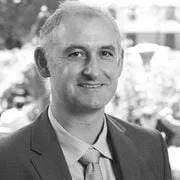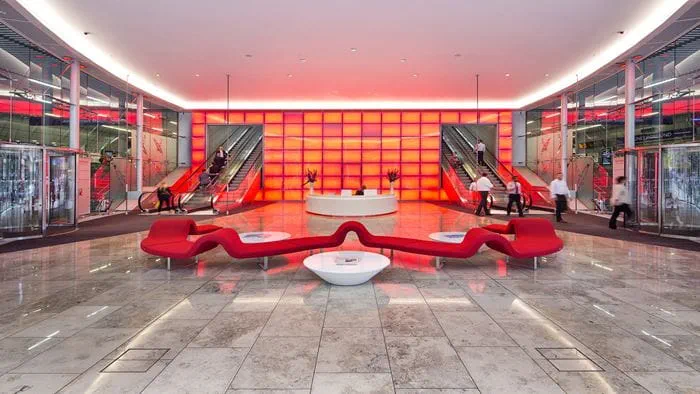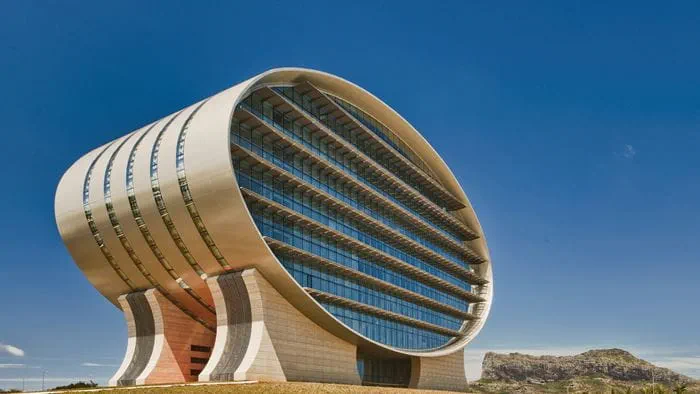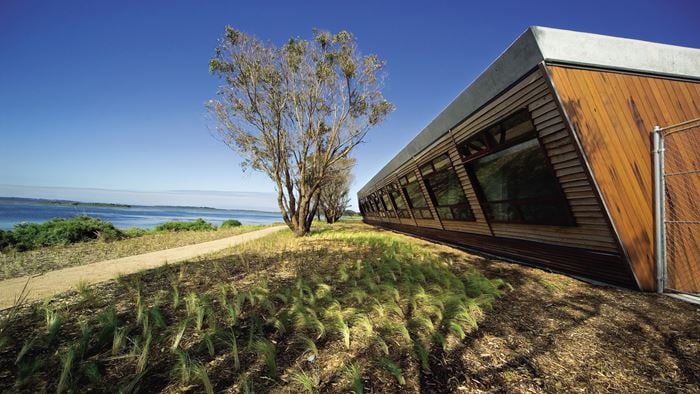Arup was appointed to assist Procter & Gamble (P&G) in creating a global standard operating procedure to provide guidance on the sustainable elements for all new manufacturing and office facilities.
P&G will only include sustainable elements in the design of their facilities if they can be sustainably and financially justified, so Arup’s guidance needed to clearly evaluate the sustainable and financial benefits.
Arup created a standard operating procedure for P&G that could be applied across their global operations and ensured that the company can now justify sustainable design elements in new manufacturing and office facilities.
The report Arup produced was independently reviewed by industry experts prior to roll out and was very well received within P&G.
Arup took seven areas of sustainability that are commonly used across the industry: site, envelope, materials, water, lighting, passive, active and operations, and identified Resource Conservation Measures (RCMs) for each.
Using a generic office and manufacturing facility as the basis for the analysis; each RCM was evaluated in terms of payback period, CO2 tons saved per year, impact on energy, waste and water reduction, environmental quality of the workplace and visibility to ensure that elements were consistently designed in compliance with P&G’s corporate sustainability plan.
Each RCM was also analysed in terms of appropriateness for each global climate zone - hot-dry, hot-humid, temperate and cold-alpine. Based on the results, each RCM was classified into one of four categories: recommend for most projects, project team to study further, utilise all energy team current best approaches to evaluate and not recommended for most projects.
Since the report was issued Arup has produced more detailed 'go/no go' tools as well as contributing to internal white papers on solar photovoltaic, solar thermal and geothermal energy.
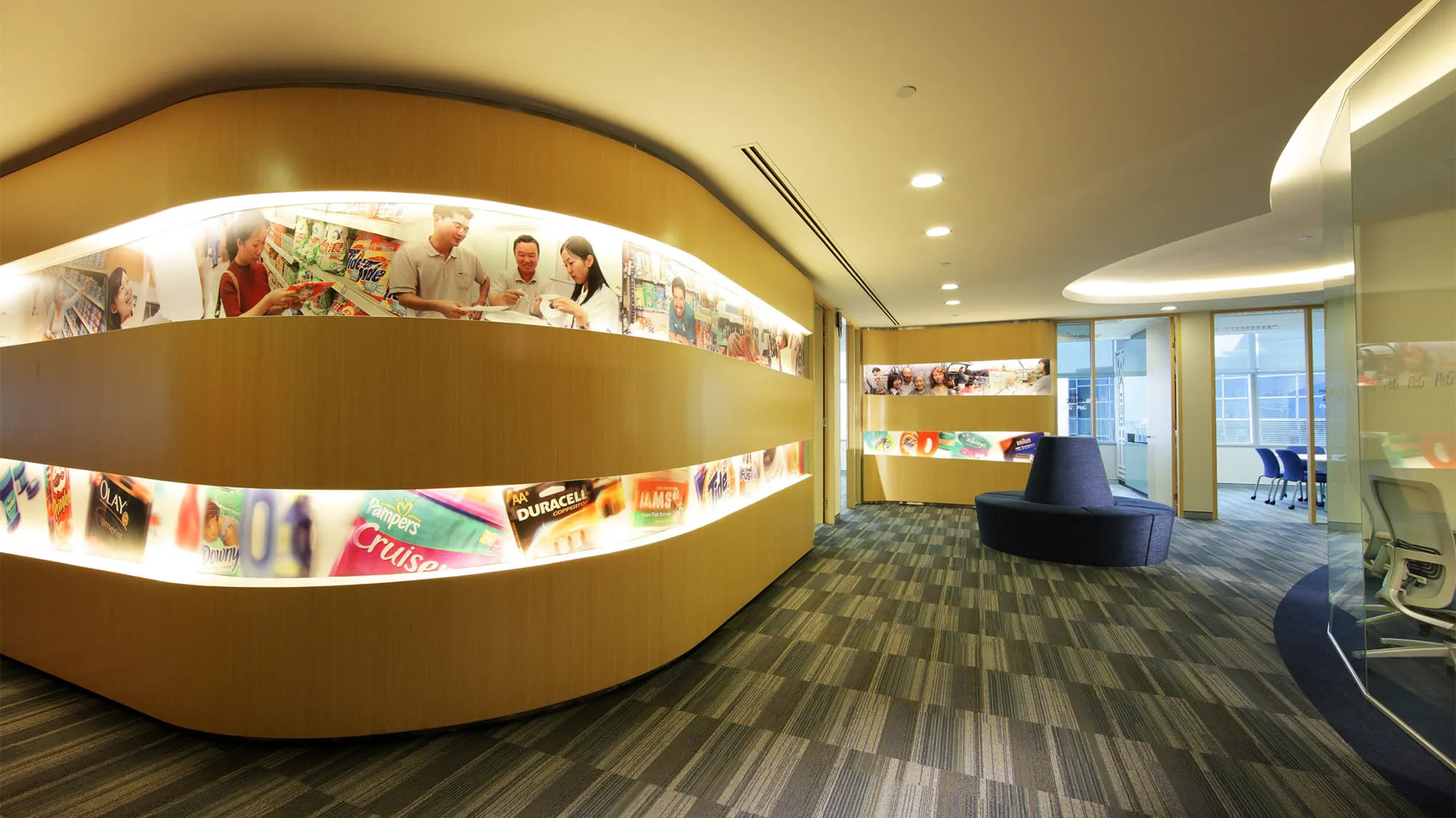 ;
;
